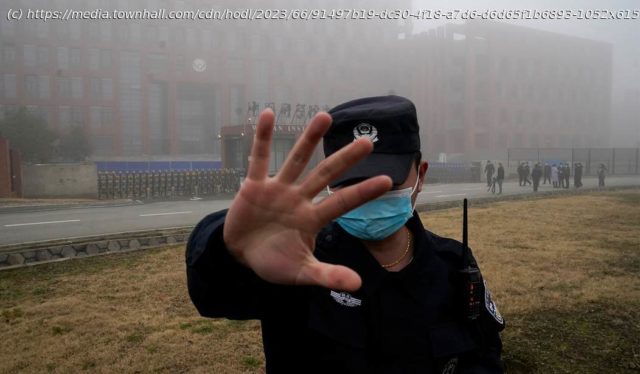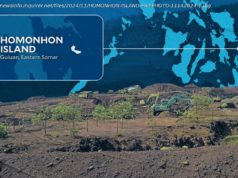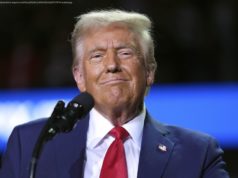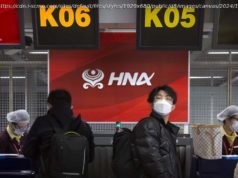Array
The Associated Press published a lengthy story yesterday looking at the long history of China lying about the origins of COVID-19. Some of this will be familiar territory for people who followed this story closely but other aspects were new to me (and also to the WHO), including the possibility that China inspected the Wuhan wet market on Christmas day 2019, nearly a week before the Dec. 31, 2019 visit already known to the world.
WHO officials heard of an earlier inspection of the market on Dec. 25, 2019, according to a recording of a confidential WHO meeting provided to AP by an attendee. Such a probe has never been mentioned publicly by either Chinese authorities or WHO.
In the recording, WHO’s top animal virus expert, Peter Ben Embarek, mentioned the earlier date, describing it as “an interesting detail.” He told colleagues that officials were “looking at what was on sale in the market, whether all the vendors have licenses (and) if there was any illegal (wildlife) trade happening in the market.”
A colleague asked Ben Embarek, who is no longer with WHO, if that seemed unusual. He responded that “it was not routine,” and that the Chinese “must have had some reason” to investigate the market. “We’ll try to figure out what happened and why they did that.”…
A scientist in China when the outbreak occurred said they heard of a Dec. 25 inspection from collaborating virologists in the country. They declined to be named out of fear of retribution.
WHO said in an email that it was “not aware” of the Dec. 25 investigation. It is not included in the U.N. health agency’s official COVID-19 timeline.
Researchers from China’s CDC arrived to take samples on Jan. 1 but by that point the market had already been shut down and the whole place was being cleaned.
So what does this Dec. 25 investigation prove? If there were any samples taken that day, China has never admitted it. The AP reports that one day earlier a sample taken from a sick vendor at the market had been sent out for sequencing. So this could indicates local authorities were already zeroing in on the market as a possible source of the disease earlier that believed. And that might argue for the kind of natural spillover event many scientists have argued is a likely explanation.
Last month the Atlantic published the results of some new research which claims to have found raccoon dog DNA in some samples.
Now, an international team of virologists, genomicists, and evolutionary biologists may have finally found crucial data to help fill that knowledge gap. A new analysis of genetic sequences collected from the market shows that raccoon dogs being illegally sold at the venue could have been carrying and possibly shedding the virus at the end of 2019.






